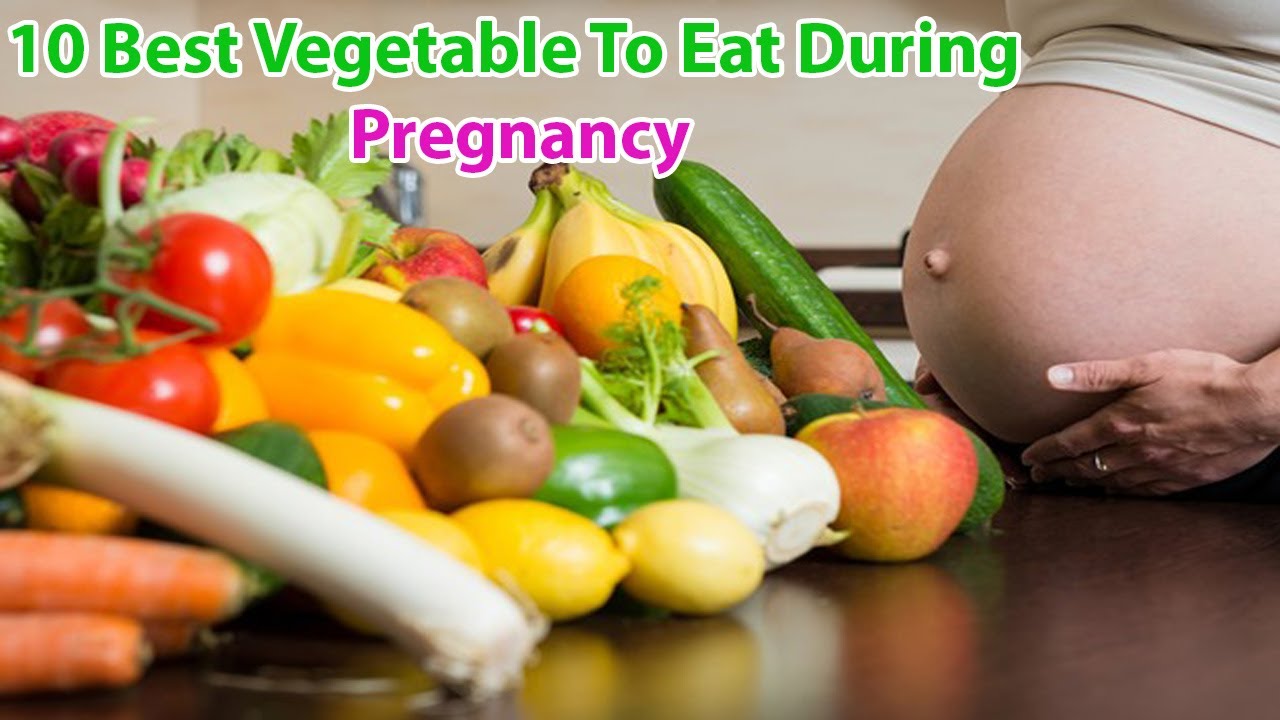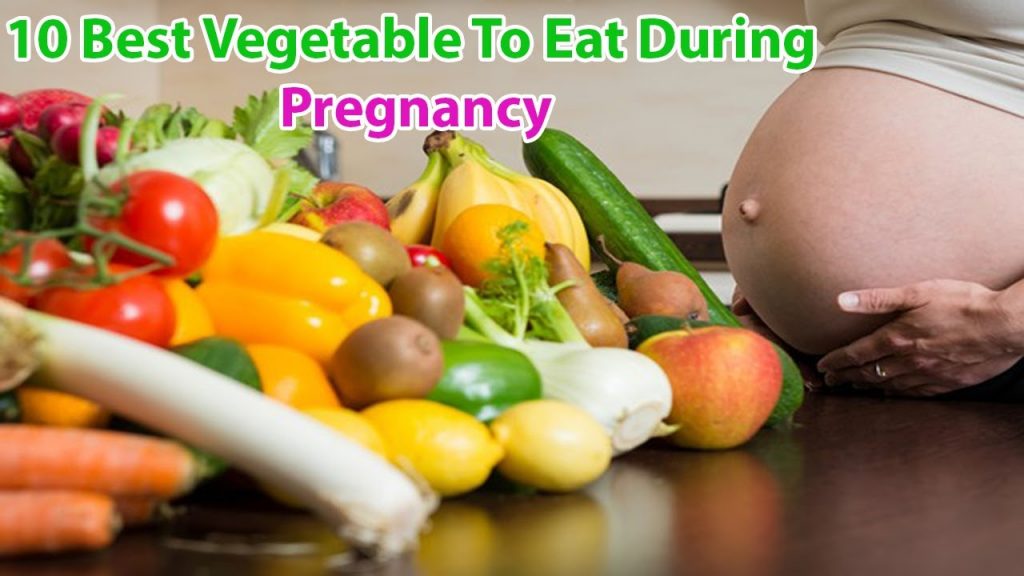
Taking Fruits and Vegetables while Pregnant
Healthy foods, fruits and vegetables should make up the diet of any pregnant woman.
Once you’re pregnant, you doctor starts recommending prenatal drugs to take for your fetal development.
However, you can get the essential nutrients, vitamins and minerals needed for healthy pregnancy from fruits and vegetables, and the nutrients are organic, and better because they come from plant sources.
While there are fruits and vegetables to eat during pregnancy for healthy baby, there’s also a list of fruits and veggies to avoid during pegnancy or take in small quantity.
How to take Vegetables during Pregnancy
Most fruits and vegetables have fibre, antioxidants, vitamins and minerals, and when these nutrients are balanced in them, they’re often regarded as prenatal superfoods.
To get the best nutrients from your vegetables, here are some ways to eat them.
Vegetables can be boiled, stewed, and roasted, however, you should avoid frying your veggies.
Steamed vegetables retain the maximum amount of vitamins in general, but not in all vegetables.
It’s healthier to pair all starchy vegetables, like potatoes, pumpkin, carrots, and courgettes, with plant-based proteins.
And non-starchy vegetables (tomatoes, peppers, greens, cucumbers, and cabbage) are digested better with meat proteins.
Best Vegetables to eat during Pregnancy
Fruits and vegetables are good for early pregnancy to supply your body and your baby with the needed nutrients, minerals and vitamins for healthy growth.
They can also help to reduce risks of complications and prevent nutrition deficiency during pregnancy because they contain vitamins, minerals and fiber.
It’s advisable to take 2 cups of fruits and 2 cups of vegetables daily to supplement the essential nutrients.
Some of the healthiest foods, fruits and vegetables for pregnant women are the following.
- Potatoes
Potatoes should be consumed throughout your entire pregnancy, as they contain a high amount of vitamin C.
To preserve the high amount of vitamin C, cook your potatoes with the skin on, and don’t forget to wash them beforehand.
- Cucumber
Cucumber has a high water content, therefore, you can consume it to keep the body hydrated.
You should wash it and eat with the peel, it’s rich in fibre and can help to prevent pregnancy constipation and haemorrhoids.
Cucumbers also have a diuretic effect, which will help a pregnant woman to fight edema.
- Cabbage
It’s recommended to eat Cabbage daily because it contains a large amount of vitamin A, phosphorus, and potassium.
The type of cabbage you take doesn’t matter, but organic fruit would be preferred to GMOs.
- Carrots
You can eat carrots during pregnancy, it’s one of the best vegetables to eat during pregnancy.
Like cabbage, carrots contain a large amount of vitamin A and plant vitamin A is the best for you.
Carrots are healthy for your eyes and vision, and have a positive effect on the digestive system, enabling pregnant women to absorb healthy nutrients.
- Onions
If onions do not irritate you while pregnant, then you can take it as a source of calcium, iron, magnessium, vitamin B and C.
Most importanly, onions are a rich source of folate, the organic form of folic acid you’re advised to take adequately during your first trimester of pregnancy.
Folate or folic acid is one of the most important nutrient pregnant women take during the first 12 weeks.
- Beetroot
To get rid of constipation, which every second woman encounters during pregnancy, you should include beets in your diet during pregnancy.
- Avocado
Avocado is a rich source of vitamin A and E, and can help with collagen production, and improve your baby skin color
- Tomatoes
Tomatoes have a positive effect on the blood circulatory system, but pregnant women with liver or pancreatic abnormalities should avoid them.
Conclusion
Fruits and Veggies are an important element of your daily diet during pregnancy, both in the first, second and third trimester.
They are natural food necessary to support your health, which undergoes difficult challenges, and your fetal development.
While there’s no harm to you or your baby if you don’t eat vegetables during pregnancy but rather eat healthy foods, fruits and vegetables can supply the adequate amount of nutrients needed to support your health and the growth and development of your baby better than foods.
You should also remember that although vegetables contain healthy vitamins, you should still consume them in moderation, as overconsumption can lead to bloating and other problems with digestion.






